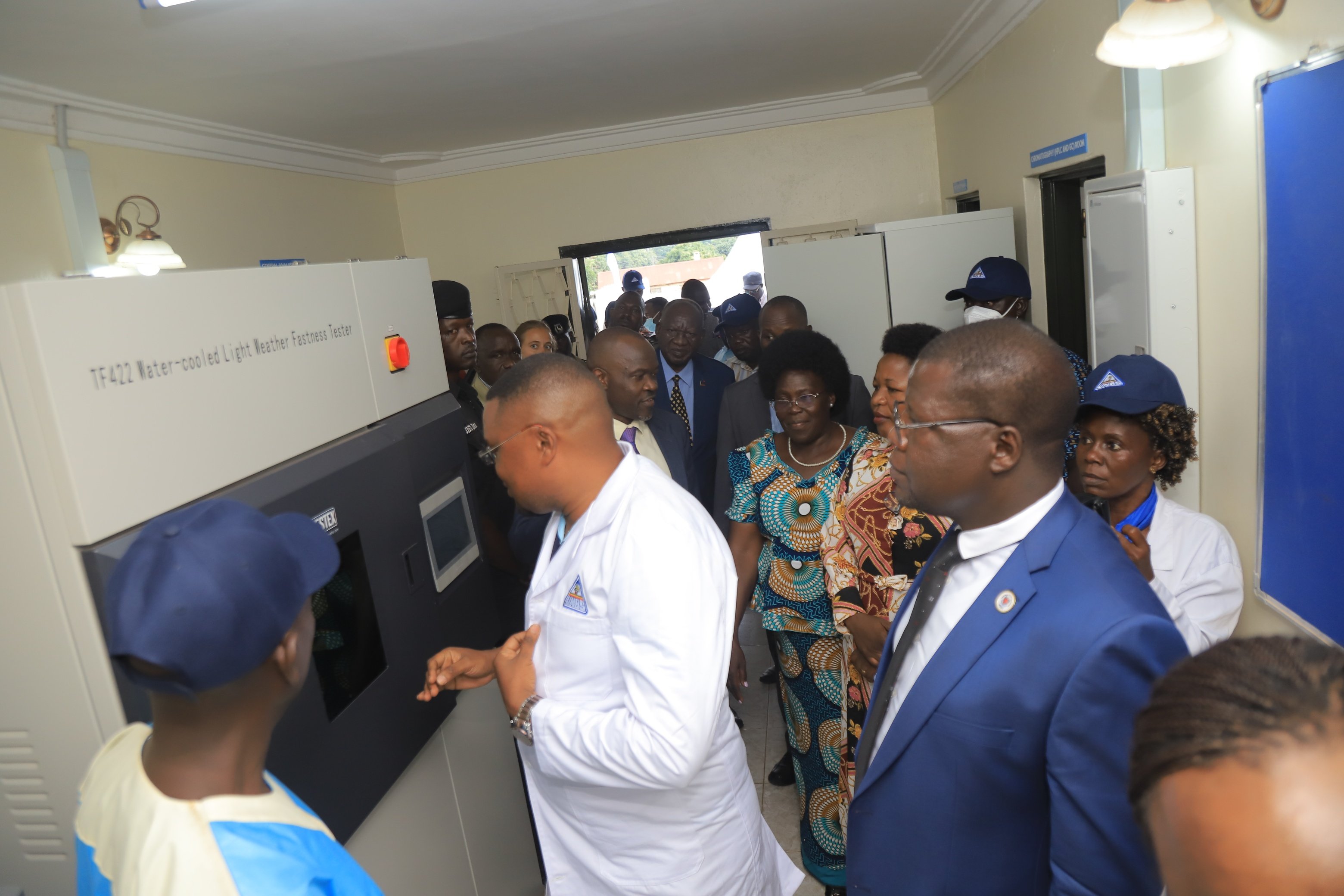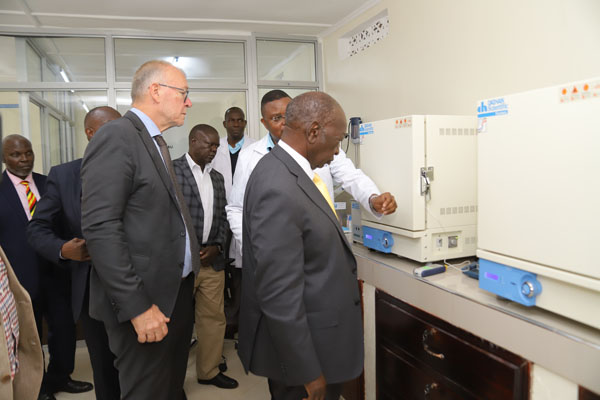Govt to build centralised laboratory in bid to curb fake products

UNBS has been establishing regional testing laboratories in a bid to decentralise testing for standards. Photo | File
What you need to know:
Uganda currently has more than 1,000 private and government-owned laboratories. However, out of these less than 211 are registered by Uganda National Accreditation Service.
Government, through Ministry of Trade, will develop a centralised laboratory to test goods that come into the country and those that go out.
This, Trade Ministry says, will address the issue of standardization for both exports and imports.
Speaking during a stakeholders meeting on the implementation of national accreditation services in Kampala, Ms Geraldine Ssali, the Ministry of Trade permanent secretary, said the advantage of having a national accreditation laboratory will enhance accredited conformity assessment services thus increasing Uganda’s importance on global trade stage.
This, she added, will also help Uganda to gain more internal recognition as well as enhance quality.
Uganda currently has more than 1,000 private and government-owned laboratories that test goods. However, out of these less than 211 are registered by Uganda National Accreditation Service.
The centralised laboratory, Ms Ssali said will also be one way through which government will seek to increase competitiveness as a way of driving productivity of Uganda companies and competitiveness.
Trade in goods and services is a crucial part of the Ugandan economy with data from Uganda National Bureau of Statistics indicating that majority of Ugandans in employment are in trade-related businesses.
However, many traders have remained uncompetitive due to dealing in substandard products.
A 2018 study by Uganda National Bureau of Standards indicated that Uganda was choking on substandard goods. The study found that at least 54 percent of goods on the market then were either fake, substandard or counterfeits.
Ms Ssali said for Uganda to be competitive on the international stage and effectively participate in global value chains, products must be of good quality.
One of the main challenges facing international trading system, she said, is variation in practices of standards, testing, inspection, certification and accreditation, which therefore, necessitates government to partner in harmonising standards to conform to international assessment procedures and accreditation.




